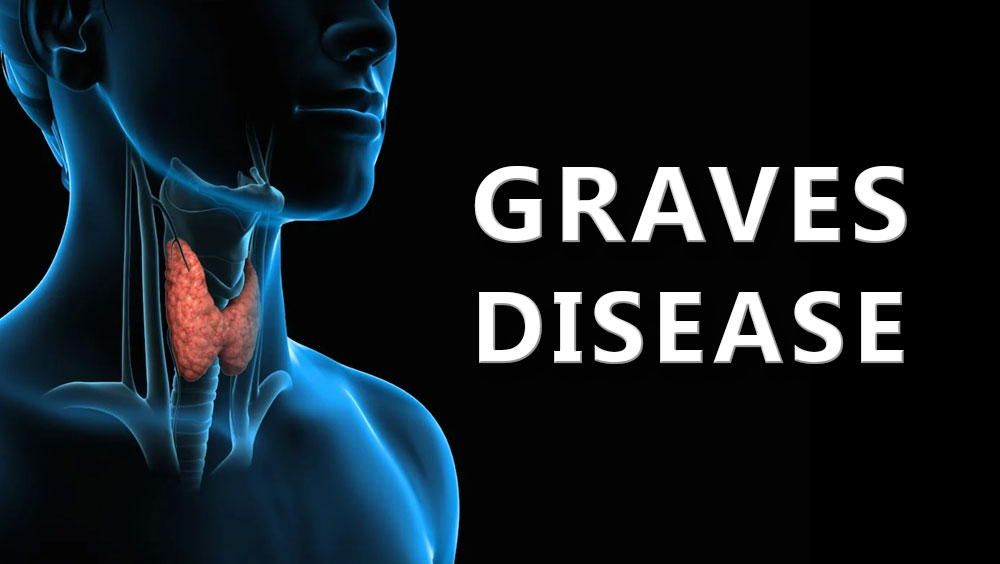Dive into the whirlwind world of Graves' disease, where the body's inner thermostat goes haywire, eyes tell tales of bulging distress, and hearts dance to an unpredictable rhythm. From the subtle hint of a racing pulse to the unmistakable protrusion of the eyes, this article unravels the myriad of symptoms tied to this intriguing thyroid disorder. Ready to decode the signs your body might be whispering (or shouting) at you? Let's delve deep into the enigma that is Graves' disease!
Symptoms of Graves' Disease
Neurological Symptoms
Fact: Tremors in the hands and fingers, combined with sleep disturbances, are hallmark neurological symptoms of Graves' disease. This unrest often arises from the increased metabolic rate driven by an overactive thyroid.

Graves' disease can profoundly impact the nervous system. One of the more noticeable neurological manifestations is tremors, especially centered in the hands and fingers. These tremors can make day-to-day tasks, such as writing or holding objects, increasingly challenging. Additionally, patients often grapple with sleep disturbances. Difficulty in falling asleep or maintaining a restful sleep through the night becomes common. Such disturbances can stem from the general restlessness and increased metabolic rate triggered by the overactive thyroid. Recognizing these neurological symptoms is crucial, as they often serve as early indicators of the disease, prompting individuals to seek medical intervention.




